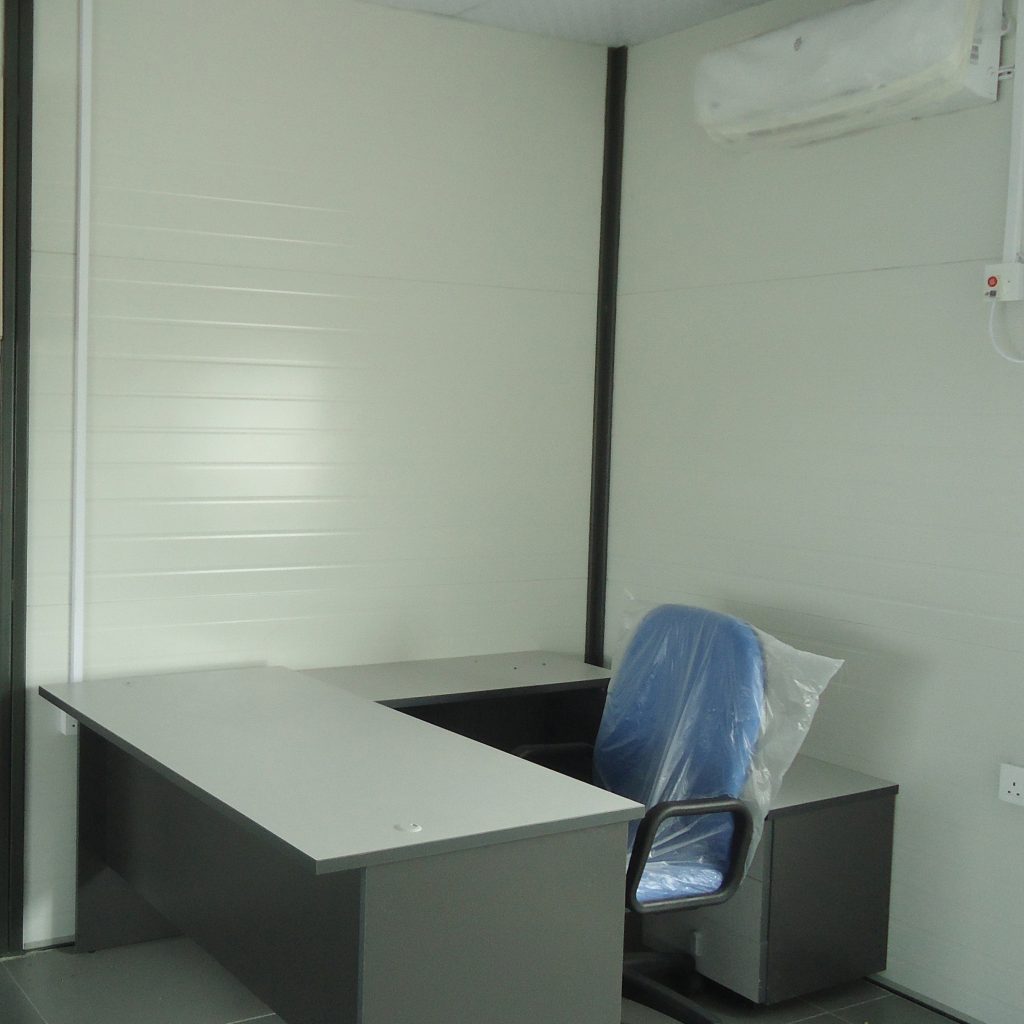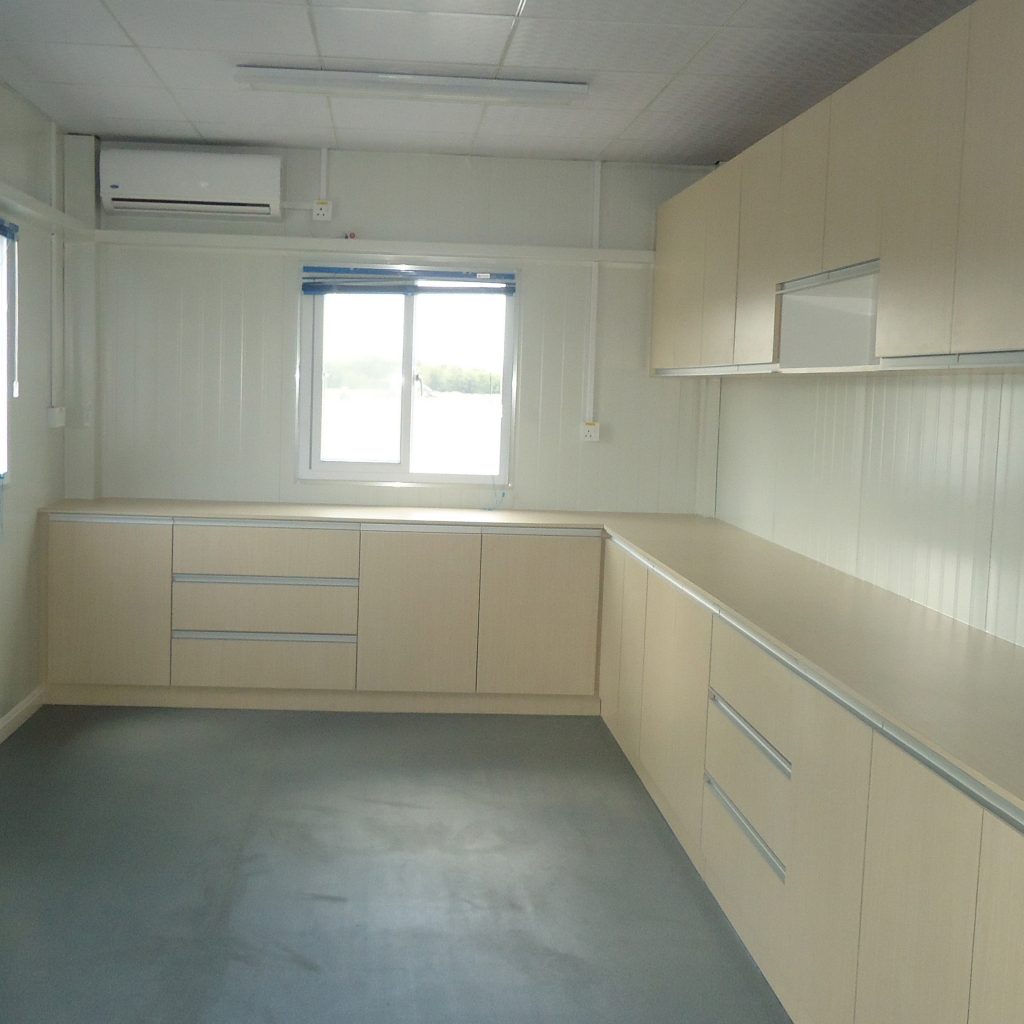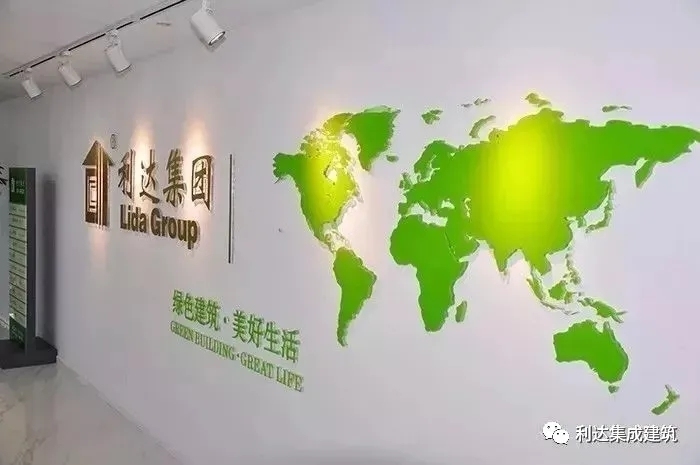New research collaboartion between Lida Group and university exploring ways to optimize design and assembly of multifamily apartments constructed using recycled steel shipping containers aims to radically reduce costs of urban housing
As urban populations swell globally and housing affordability crises intensify in cities, innovative new approaches to residential construction are urgently needed. Now, a groundbreaking research partnership between modular housing leader Lida Group and Guangzhou University looks to revolutionize the viability and adoption of container home living at scale.
Announced today, the two year research project will explore utilizing recycled shipping containers as standardized building blocks configured into multi-level, multi-unit apartment assemblies. State-of-the-art engineering and manufacturing optimization techniques aim to slash overall construction costs by a projected 50% compared to traditional site-built residential developments.

Speaking at the collaboration’s launch, Lida Group’s Research Director Li Wei explained “through modular coordination applied across whole building lifecycles, we believe containerized construction can deliver attainable housing solving cities’ affordable crisis. This research establishes its potential through prototyping and validation at full residential scale.”
Early simulations evaluated stacked 1-4 story configurations leveraging containers’ intrinsic strength and weather resistance. Floor assemblies now combine tightly-packed containers with integrated structural steel mezzanines. Innovations like roll-formed shear walls and plug-n-play MEP trunking maximize buildable areas.
Guangzhou University’s CAVE virtual engineering lab jointly developed parametric 3D models optimized across structural, functional and cost criteria. Iterative designs tested maximizing unit counts, minimizing foundations, and streamlining assembly sequences on factory floors through digitally simulated “Trials of Manufacture”.
An on-campus shipping container home prototype will validate production techniques this summer. Intelligent cutting will consolidate post-production material waste below 5% while laser profiling cuts panel components ready for snapping assembly. Industrial robots cooperatively install vessel outfitting, MEP systems and finishes.

Updated container framing designs upgrade insulation and durability exceeding code requirements. Renewable energy and rainwater capture systems integrate factories producing net-positive housing. Modular apartment clusters now design to be100% re-deployable, reusable or recyclable at end-of-life further enhancing sustainability.
Should research validate projected 50% cost savings, experts believe container home apartment living may become a viable mass production industry as early as 2025 pending code revisions. Governments currently adjusting zoning to allow increased density developments featuring small-footprint modular housing prototype.
Together, Lida Group and Guangzhou University hope to establish containerized construction as a globally scalable new ecosystem industry through their pioneering research optimizing cost-competitive, sustainable and distributed mass housing manufactured seamlessly for cities worldwide. With any luck, citizens facing housing crises soon may find new hope of attainable living through this cooperation’s innovations expanding access to the container home concept.
In summary, through cross-sector collaboration applying advanced design, engineering and digitally optimized manufacturing techniques, this research pilot seeks breakthrough solutions making modular, containerized construction of multifamily apartments an economically viable approach tackling urban housing’s grand challenges at an unprecedented scale.

Related news
-
Lida Group unveils innovative plan to build 200 unit temporary worker dormitory utilizing recycled shipping containers in record time of just 3 months
2023-10-30 14:24:32
-
Lida Group's sustainable and standardized approach to modular construction helps international disaster relief organization rapidly deploy 1000 unit temporary shelter village for refugees in war-torn region within budget
2023-10-30 16:10:42
-
Lida Group Leaders Share How Optimal Planning and Manufacturing Methods Enable Smooth, On-Time Completion of Even the Largest Mobile Workforce Community Projects
2023-10-27 15:04:25
contact us
- Tel: +86-532-88966982
- Whatsapp: +86-13793209022
- E-mail: sales@lidajituan.com


